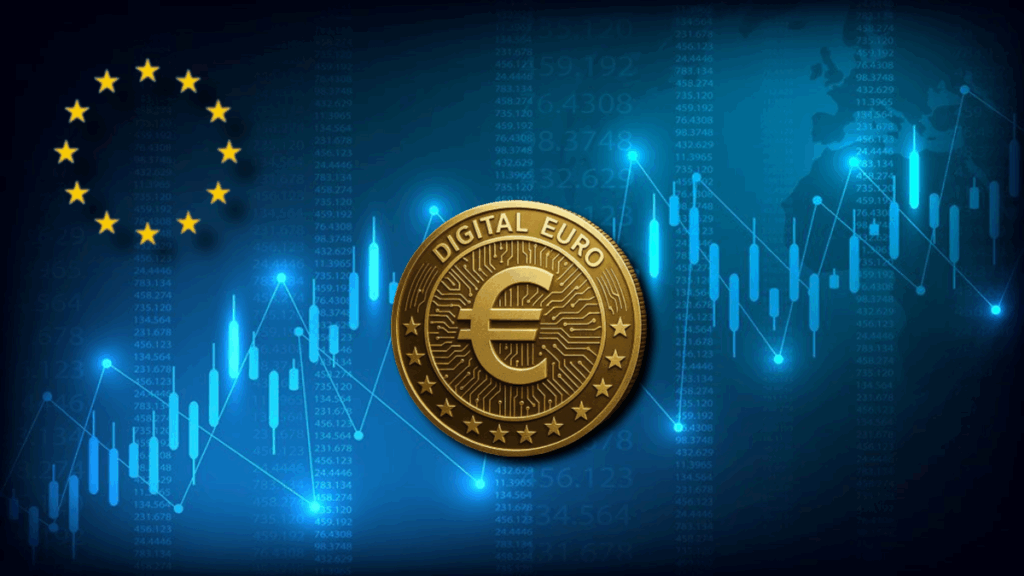TL;DR
- Euro-area finance ministers have agreed on a framework for setting holding limits for the digital euro, aiming for member-state approval.
- The European Central Bank is emphasizing privacy with offline transaction options, offering anonymity similar to cash.
- Officials highlight the digital euro as a strategic tool to reduce reliance on foreign payment systems and provide Europe with more independence in the global financial ecosystem.
European finance ministers have reached an important agreement on the procedure for setting holding limits for the digital euro, raising serious concerns about individual freedoms and the centralization of financial power. Spain’s economy minister suggested that a consensus among European Union member-states could be achieved soon, ignoring persistent worries about government overreach and the potential for surveillance, mass tracking, and misuse of sensitive financial data in the future.
Digital Euro Threatens Privacy And Personal Autonomy
The European Central Bank has proposed solutions that claim to address privacy concerns, yet the digital euro inherently allows unprecedented tracking of transactions. Offline modes may exist theoretically, but officials admit most transactions could still be monitored, reducing anonymity and eroding financial independence. Critics warn that these features undermine the very freedom that cash currently provides, creating a system where every euro is potentially traceable, controlled, and subject to government oversight without meaningful recourse.
While the Eurogroup’s agreement marks a key milestone, further approvals are required from the European Parliament and additional negotiations between lawmakers and the Council. Many civil liberty advocates remain highly skeptical, noting that even with holding limits, citizens could face intrusive oversight, automated restrictions, and other forms of covert interference. Commercial banks may benefit from stronger regulation, but ordinary people risk losing autonomy over how they store and spend money, ultimately weakening personal decision-making.

Europe Puts Control Over Citizens Instead Of Markets
Proponents stress that the digital euro is a strategic tool for European financial sovereignty, yet this comes at the expense of individual liberty. Officials including German Finance Minister Lars Klingbeil and European Commissioner Valdis Dombrovskis argue for a faster rollout, prioritizing state control over private choice. Belgian Finance Minister Vincent Van Peteghem described the project as a regional asset, while ECB President Christine Lagarde emphasizes regulatory oversight rather than citizen freedom, transparency, or consent in everyday transactions.
The digital euro initiative, first launched in 2021, is now moving closer to becoming a tangible and widely usable financial instrument. With intrusive monitoring, cross-border control, and a framework for limiting holdings, Europe risks creating a modern, resilient currency that strengthens state power while curtailing personal sovereignty, individual rights, and financial freedom in profound ways.










